
YWCA Metro Vancouver Policy Priorities 2024/25
Bold, systemic change is needed to ensure people have equitable access to safe, affordable housing, early learning and child care, opportunities for education, training and employment, and freedom from violence and discrimination. YWCA Metro Vancouver works alongside our communities to advance equity and justice for women and families, people who experience gender discrimination and Indigenous peoples and communities.
We serve thousands of people annually through a range of integrated programs that help to support personal, economic and collective well-being. Many YWCA program participants live at the intersection of one or more identities, including women, Indigenous and racialized peoples, those with disabilities, 2SLGBTQIA+ people, youth and newcomers. Through our frontline work, we identify the gaps and barriers that require systemic change and advocate for progressive policies solutions and robust investment in communities.
Our advocacy is intersectional, evidence-based and grounded in the belief that when women and families are supported and empowered, entire communities thrive. It is guided by the people we serve and informed by the expertise of frontline employees
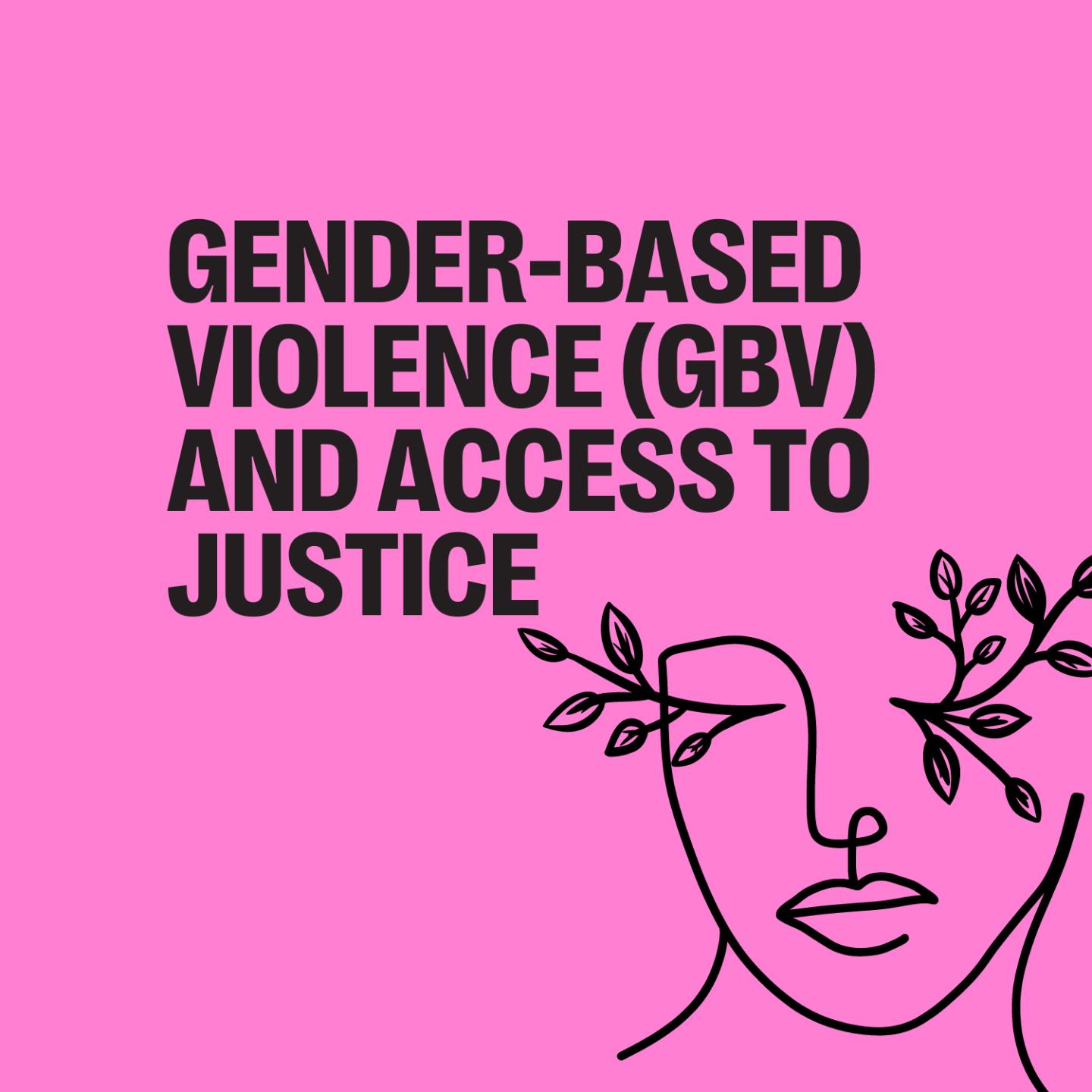
To meaningfully address Gender-Based Violence (GBV) as the pervasive public health and safety issue it is, we urge the provincial government to pass legislation that recognizes GBV as an epidemic. We are encouraged by the creation and launch of the Safe and Supported Gender-Based Violence Action Plan, but more must be done to prevent, address and raise awareness of GBV in our province. By recognizing GBV as an epidemic, governments can prioritize sustained investments in prevention programs, while also signaling to survivors and those working in the gender equity and anti-violence sectors that the government is fully committed to the elimination of GBV.
YWCA’s Dating Safe Program provides high school students with the knowledge and skills to develop healthy relationships that are free from violence and abuse. Intentionally designed to address the rising rates of GBV in Canada, this eight-module program is delivered to Grade 8 students, with two additional “booster modules” offered in Grades 9 and 10. Currently offered in two high schools in Surrey and Vancouver, the program is externally facilitated using an anti-violence and anti-oppressive lens. It covers healthy and unhealthy relationships, gender stereotypes, communication skills, building consent culture, social media and dating, understanding dating violence, intoxication culture and bystander intervention. We would like to explore how we can continue offering, and potentially expand, the Dating Safe Program with the support of the provincial government to ensure this important GBV prevention program continues.
The rates of GBV that Indigenous women and girls experience are unacceptable. As reported by the National Inquiry into Missing and Murdered Indigenous Women and Girls, 2019, Indigenous women are 12 times more likely to be murdered or missing than other women in Canada, and according to Statistics Canada, Indigenous women are far more likely to experience physical assault than non-Indigenous women. The YWCA will advocate alongside Indigenous women and girls to all levels of government to ensure progress is made towards implementing the 231 Calls for Justice.
We are advocating that the provincial government pilot a parenting time and access exchange centre, focused on supporting low-income families. Gender-based violence often continues after separation, with evidence showing that this period presents heightened risks for abuse and is often when family orders are established. Studies indicate that 45% of victims experience violence post-separation, with nearly half reporting an increase in severity. Many YWCA program participants have shared that they experience abuse from former partners during parenting exchanges. To address this concern, the YWCA is advocating that the provincial government fund a supervised exchange and access centre pilot. YWCA Hamilton currently offers a transfer program, where professionally trained staff supervise transfers and visits to ensure they remain violence and harassment free.
Women’s safety, security and well-being depend on a justice system that works for them. The YWCA is committed to advancing gender equity through access to justice so all women can assert their social, economic, cultural, political and civil rights.
We want the provincial government to ensure there is enough funding for family law clinics and legal aid. Our work with women who have experienced gender-based violence has shown time and again that abusive ex-partners know how to “run out the clock” by harassing lawyers with letters, emails, faxes and phone calls. By providing legal aid until a final agreement, remedy or decision is reached, women and their children will have access to the legal support they need to navigate the complexities of the family law system. When legal aid runs out before a final decision is reached, clients are unable to continue advancing their case and, in turn, are put in compromising positions.
This priority also aligns with Call to Justice 5.13 from Reclaiming Power and Place: The Final Report of the National Inquiry Into Missing and Murdered Indigenous Women and Girls, which states: “We call upon all provincial and territorial governments to expand and adequately resource legal aid programs in order to ensure that Indigenous women, girls, and 2SLGBTQQIA people have access to justice and meaningful participation in the justice system.”
Judges have discretion to grant protection orders, but frequently assign timelines that fail to reflect the reality that abusive behaviour continues and can escalate post-separation. In our work with women experiencing gender-based violence, we have seen many protection orders for periods of three months or less. When a protection order is too short, it requires a survivor to return to court for an extension, which can retraumatize and stall their ability to move forward. Granting longer term protection orders is an important tool in keeping survivors of gender-based violence safe and on the path to recovery.
This priority also aligns with Call to Justice 5.9 from Reclaiming Power and Place: The Final Report of the National Inquiry Into Missing and Murdered Indigenous Women and Girls, which states: “We call upon all governments to ensure that protection orders are available, accessible, promptly issued, and effectively serviced and resourced to protect the safety of Indigenous women, girls, and 2SLGBTQQIA people.”
Every day, people in our community face violence because of their gender, gender expression or gender identity. Gender-based violence is a public health crisis that requires immediate and collective action at all levels. In a 2022 report by the Canadian Femicide Observatory for Justice and Accountability, it was estimated that between 2018 and 2022, one woman or girl was killed by a man every two days.
- Second-stage transition houses for women-led families leaving violence.
- National fund offering financial aid for those fleeing intimate partner violence.
- Individual and group supports for women who have experienced violence.
- Individual and group counselling for children who have witnessed or experienced abuse.
- Programs providing youth with the knowledge and skills to develop healthy relationships that are free from violence and abuse.
- Legal supports and legal education workshops.
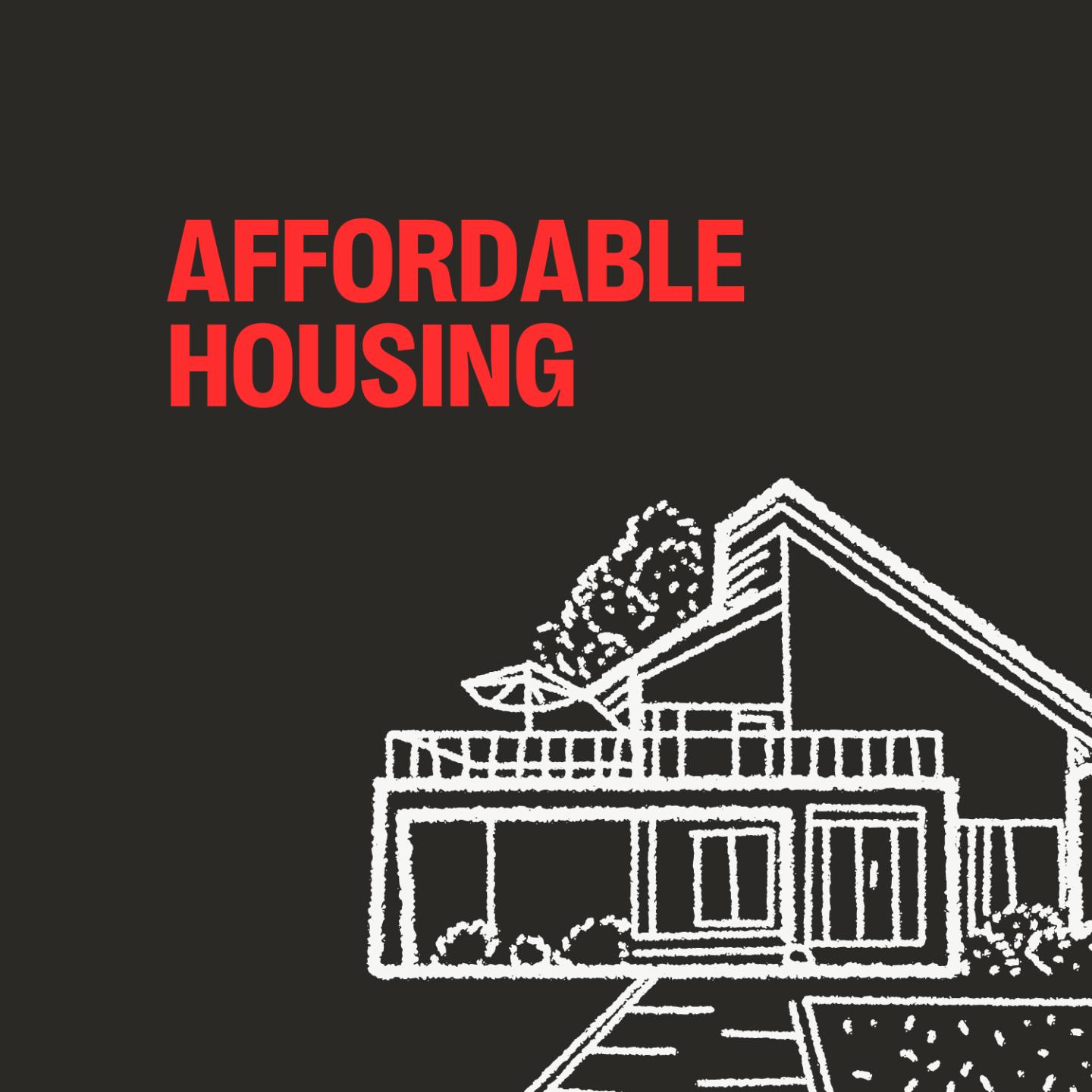
The RAP has made an enormous impact for those who qualify. Current requirements stipulate that families must have a total before-tax household income of $40,000 or less, have been working in the last year, and have at least one dependent child. We strongly encourage the government to increase the income cut off amount for this program and make it accessible to those on income assistance. The RAP is an important tool to help women leaving intimate partner violence secure market housing as they wait for second-stage housing to become available, or as they move from second-stage transition to market housing.
We desperately need more affordable options for women across the housing continuum. The YWCA’s housing is targeted towards single mothers and their dependent children because we know that these families are among the lowest income earners of any family type in British Columbia. In our work supporting survivors of gender-based violence, we are increasingly hearing that women are reluctant to leave abusive relationships because they cannot secure long-term housing after timing out of their second-stage program. We are asking the government to set targets for women’s housing, especially for those leaving abusive partners.
The YWCA’s priority is to provide deeply affordable housing at the lowest possible rents. Currently, 715 women and children live in our housing communities, but nearly 1,500 families are on our waitlist – an increase of 31% from 2022. We continue to struggle with ongoing operating and capital repair costs, especially as our buildings age.
Municipalities can show their commitment to affordable housing by eliminating or deferring property taxes for non-profit operators, which will help organizations like ours to expand housing, benefiting more vulnerable community members and making meaningful progress towards solving the housing crisis.
Women, especially single mothers and women leaving violence, are hardest hit by Metro Vancouver’s housing crisis. Safe, affordable housing is critical to women and children’s safety and well-being.
- Second-stage transition housing providing safe, affordable temporary accommodation and supports for women and children who have experienced violence.
- Housing communities offering safe, affordable homes for women-led families with access to YWCA programs, fostering health, well-being and economic stability.
- Supportive housing community at Crabtree Corner Housing for pregnant and parenting women in recovery.
More than 700 mothers and children made their home in one of 15 YWCA housing communities in the past year.
We currently have five new housing communities under construction.

We encourage the provincial government to pilot a flexible $10 a day model using YWCA Crabtree Corner Early Learning and Child Care Centre as a pilot. Crabtree Corner offers 72 hours of free, drop-in child care each month, with four to six full-time spots reserved for families living on low incomes. The drop-in model is a barrier-free way to support families, single mothers and grandparent caregivers who may need to attend appointments, work non-typical hours or have other complex scheduling needs. This model is critical for families in the neighbourhood, many of whom would otherwise be unable to access child care.
Crabtree Corner does not qualify for $10 a day funding because it is considered a drop-in centre, though our early childhood educators are fully licensed under Vancouver Coastal Health. We strongly believe that centres like Crabtree Corner should qualify for $10 a day funding. We also encourage the provincial government to consider piloting other flexible child care options to support parents whose hours fall outside the 8am-5pm window.
Over the last three decades, the YWCA has built creative partnerships to provide child care across Vancouver, and currently expanding these services to Burnaby. With Cindy Beedie, the City of Burnaby and BC Housing, we are partnering to provide 56 housing units and a high-quality child care facility with 25 spaces for infants and toddlers co-located on the premises. Under the provincial government’s current policy framework, this new centre must be in operation for one year before the YWCA is eligible to apply for ongoing funding through the $10 a day program. The one-year waiting period presents an unnecessary barrier for the YWCA, as we consider opening new child care spaces in the future.
YWCA’s Discover Program offered training while providing living and wrap around supports for women to work towards obtaining an ECE credential. This program has had great results since launching in 2022, with 80% of program participants now employed as ECEs. Federal budget cuts impacted the top up funding the program received through the Workforce Development and Labour Market Development agreement. Without this funding, we have had to cease offering the program despite it offering much-needed skills training in an industry where there’s a shortage of workers. We would like to explore how we can re-launch this important ECE training with the support of the provincial government to ensure workforce needs are met.
We want to see the provincial government implement a wage grid for Early Childhood Educators (ECEs) that considers regional variability and cost-of-living indicators and includes pensions and benefits. Ensure non-profit child care operators have sufficient funding to provide adequate paid sick and vacation days for ECEs, along with compensated time away from child supervision for breaks, preparation and other responsibilities related to the complexities of providing quality early childhood education.
Access to quality, affordable early learning and child care is one of the most tangible ways to advance gender equality. We advocate for public investment in child care to support women and families, help children thrive and strengthen the economy.
- Operating early learning and child care centres across Vancouver to deliver high-quality and affordable care for families.
- Providing a free, drop-in care service at our YWCA Crabtree Corner child care centre, offering community parents flexible options to meet their child care needs.
- Child care and programs to support young mothers completing high school.
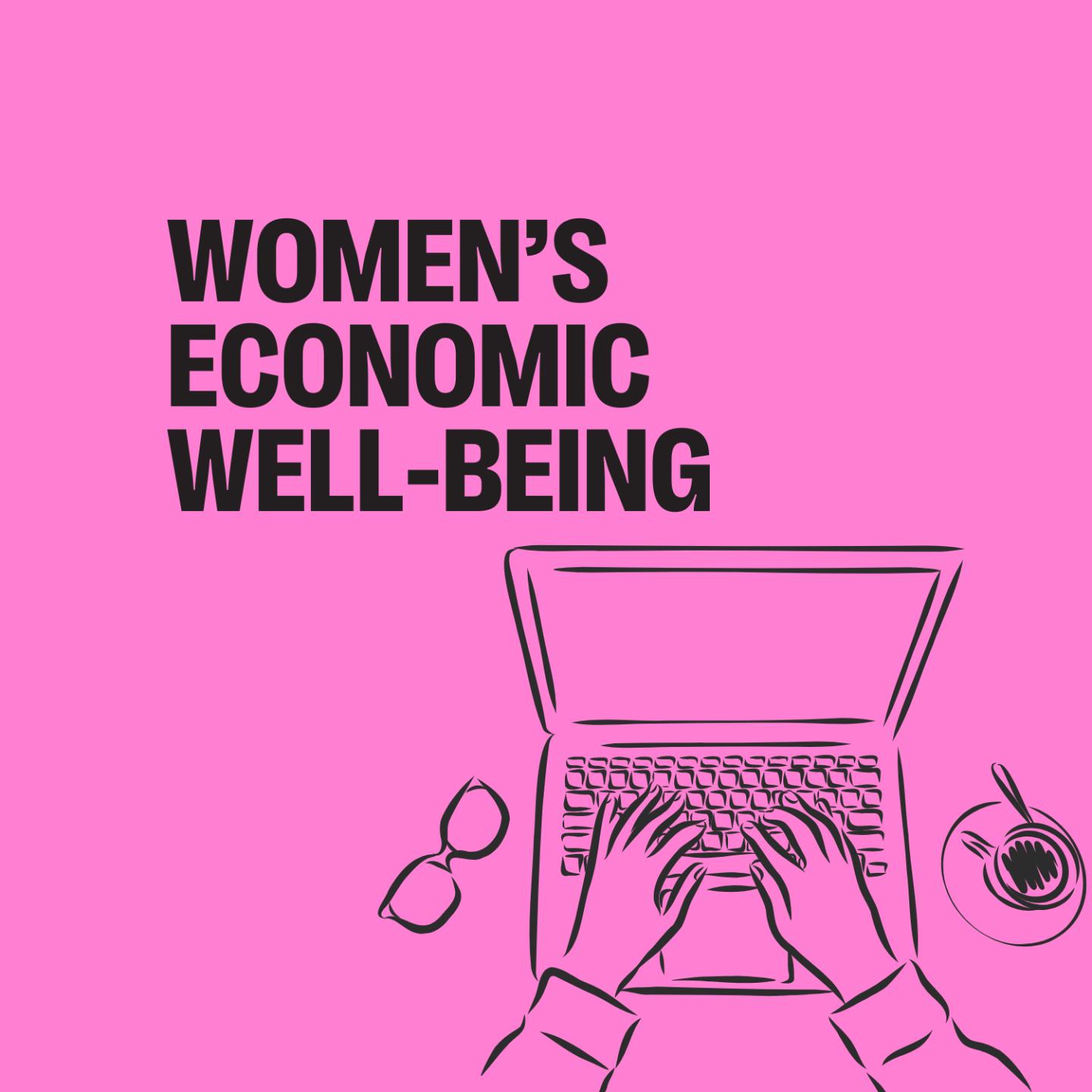
The YWCA continues to see many challenges for women around skills development and labour market readiness. Jobseekers who come through our doors often do not have the skills and experience employers are looking for, making it challenging to meet the needs of both clients and the labour market. These jobseekers require dedicated training and reskilling programs that include wraparound support, such as subsidies for child care and transportation. Without this, women remain in low-skilled jobs, which can further entrench intergenerational poverty. Women tell us the transition to full-time work is challenging and without the right supports, can feel too intimidating.
Many YWCA program participants report that their incomes make them ineligible for certain government supports. However, these same families are dealing with affordability and cost of living challenges that make these supports essential. Given the high cost of living in the province, we encourage government to review its income thresholds to ensure support programs are accessible to all who truly need them.
Single mother-led families report that earning exemptions remain too low to make working while on assistance feasible, especially when they face additional barriers, such as securing child care and paying for transportation. Increasing the amount people on assistance can earn without claw backs will support more people, especially single mothers, to re-enter the labour market.
Women face systemic barriers to good employment and economic security, like the lack of affordable housing and child care, the gender pay gap and overrepresentation in low-wage and part-time work. Economic mobility underscores the importance of policies that enable financial independence and workforce participation – through which new pathways for long-term security and stability can be asserted for women and families. By advocating for income assistance reforms, skills training, and employment support, the YWCA is working towards fostering a resilient, fair and equitable economy. Our advocacy is geared toward empowering women and families to achieve economic self-sufficiency, wherever possible.
- Various employment and skills training programs for women, single mothers, newcomers, refugees and those who have experienced violence or trauma.
- One-on-one support to help single mothers access information, resources, bursaries and educational programs.
- Micro-mentorship opportunities to connect individuals with mentors from various industries.
- Family Outreach Worker assisting with income or disability assistance and other resources.
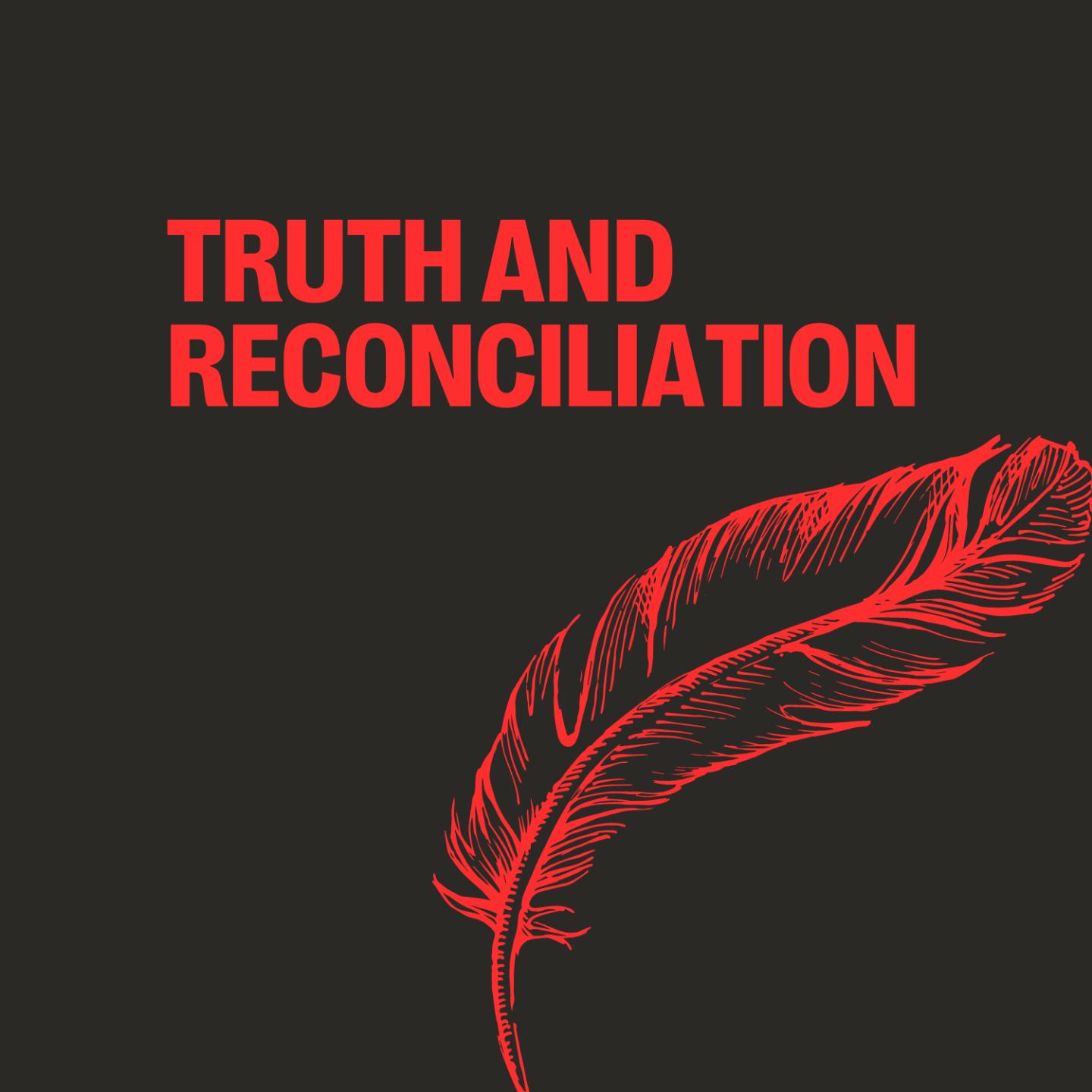
including transformative investments in prevention and support services for children, youth, families, urban Indigenous communities and First Nations. (Family Well-being Coalition; TRC 1.ii)
in accordance with their own traditions and practices, respecting the self-determination of Indigenous Peoples. (Family Well-being Coalition; TRC 1.ii)
and end the harmful and discriminatory practice of involuntarily drug testing parents who are engaged with the child welfare system. (Family Well-being Coalition)
The Ministry of Children and Family Development (MCFD) and Vancouver Aboriginal Child and Family Services Society (VACFSS) are not currently following this mandate. (Keeping Families Together)
as well as to promote the intensive and ongoing training of social workers and ministry staff in the history of the child welfare system in the oppression and genocide of Indigenous Peoples; anti-racism and anti-bias training; local culture and language training; and sexual exploitation and trafficking training. (Crabtree Corner Community Listening and Planning Report)
This is also echoing Call for Justice 12.12 from Reclaiming Power and Place: The Final Report from the Inquiry into Missing and Murdered Indigenous Women and Girls.
such as Vancouver’s Downtown Eastside (DTES) with targeted supports focused on social and economic well-being for women, gender-diverse people and families.
Since 1983, Crabtree Corner has provided critical support and services to vulnerable women and families in DTES. In 2023, 60% of program participants reported that they were Indigenous. We will advocate to all levels of government to support the YWCA in expanding Crabtree Corner’s physical space so we can offer more culturally appropriate programs and services.
The legacy of colonial injustices continues to profoundly impact Indigenous Peoples through economic disparities, social and cultural inequities and intergenerational trauma. The YWCA is committed to acknowledging historical truths, developing a deeper understanding of the impacts of colonialism and building stronger relationships with Host Nations and Indigenous communities to advance reconciliation.
Indigenous women and families face unacceptably high rates of child apprehension. The removal of Indigenous children from their families breaks kinship ties and destroys connections to land and culture. Several international rights frameworks recognize that states are obligated to provide preventative support services to ensure children have the right to live with their families. The United Nations Declaration of the Rights of Indigenous Peoples also states that parents, children, communities and Nations have additional rights, such as the right “not to be subjected to forced assimilation or destruction of their culture” and obligates states to “provide effective mechanisms for prevention of, and redress of, among other forms of assimilation, (a)ny form of forced population transfer which has the aim or effect of violating or undermining any of their rights.”
In our work to keep families together, we will take guidance from parents and caregivers, Elders, Nations, communities and allied organizations to help transform the child welfare system in BC. We will continue our work as part of the Westcoast Leaf Family Well-being Coalition and amplify recommendations from the Truth and Reconciliation Commission (TRC) of Canada‘s 94 Calls to Action, Crabtree Corner’s Community Listening and Planning Report (2024) and YWCA’s Keeping Families Together (2022).
- Our Elder in Residence offers one-to-one or group support for families at Crabtree Corner.
- The cultural program at Crabtree Corner fosters connections between Knowledge Keepers, Elders, moms and women across generations.
- Program offering family support through home or office visits.
- Programming that uses Indigenous storytelling, crafts and cultural teachings to boost early literacy and family connections.
- Indigenous mentorship that helps Indigenous girls develop leadership skills and self-esteem through guidance from Indigenous mentors.
- An internal Truth and Reconciliation Committee to prioritize reconciliation initiatives within the organization, as well as ensuring all employees receive truth and reconciliation training.
- Investment in an archives project aims to understand, acknowledge and address complicity in historic and current colonial practices by researching archiving materials, catalogues and developing a plan for redress.
- Community events and learning opportunities, such as Rhythms of Resilience, to celebrate and elevate Indigenous organizations, individuals, cultures and ways of life.
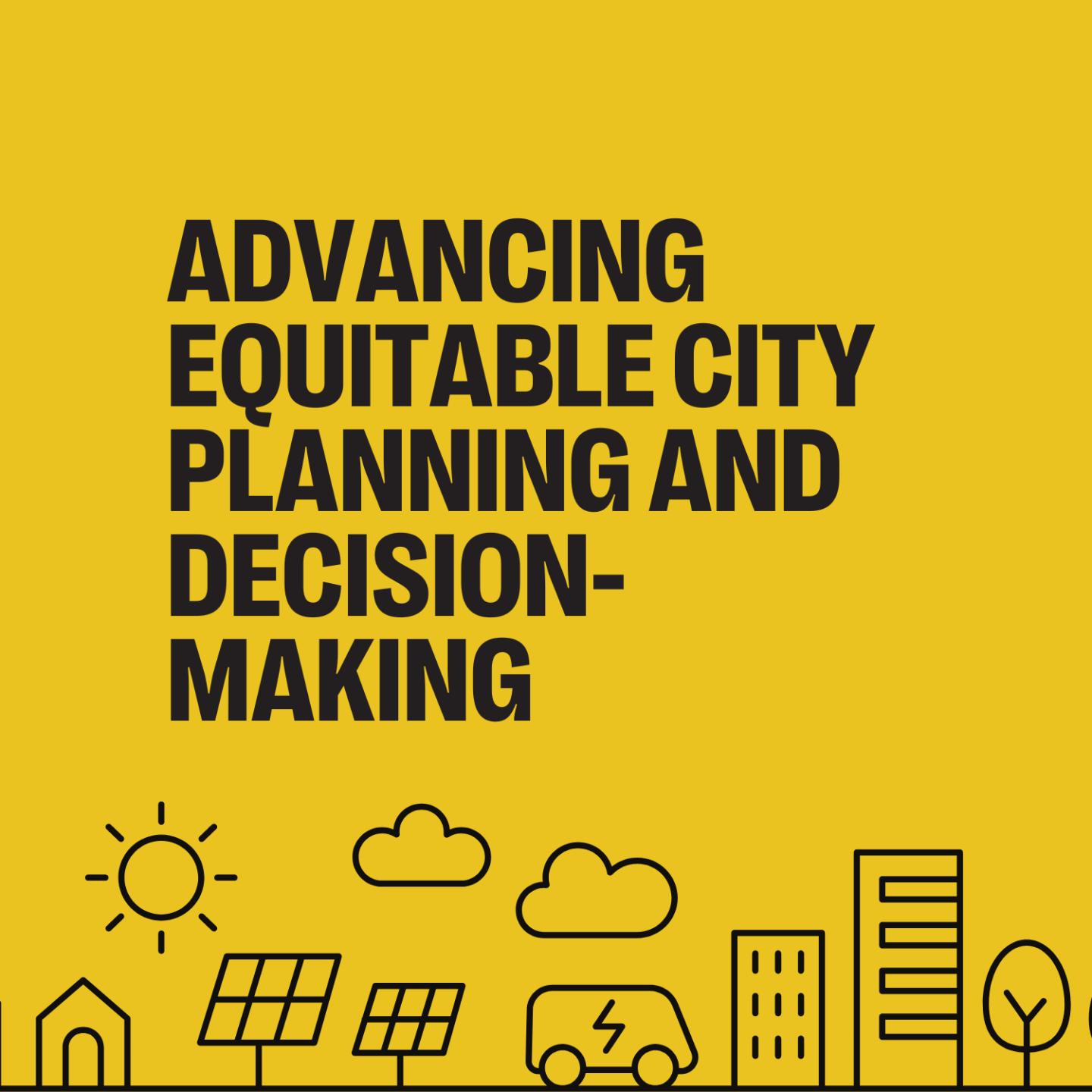
YWCA City Shift has advocated and championed equitable policy development and decision-making across municipalities in Metro Vancouver and beyond. Through targeted relationship building, listening and engagement with elected officials and senior municipal staff, and through the creation of our award-winning Equity Kickstart Guide and workshop series, YWCA City Shift has successfully demystified tools like Gender-Based Analysis Plus (GBA Plus) and provided tangible and practical recommendations and resources to local governments on how they can work towards becoming more inclusive and equitable.
- Supporting Metro Vancouver cities through the City Shift project in challenging assumptions and incorporating diverse perspectives to promote equity and inclusion. It offers resources like the Municipal Equity Kickstart Guide for actionable steps.
- Partnering with the City of Burnaby to implement a Gender-Based Analysis Plus (GBA+) framework in community planning, including multilingual surveys and accessible open houses to ensure inclusivity.
- YWCA Metro Vancouver is committed to advancing gender inclusion, anti-racism, truth and reconciliation, decolonization and participant-centered work, guiding programming and advocacy for systemic change.
Our policy priorities are established as part of a collaborative process that includes research and engagement with frontline employees, program participants and subject matter experts. We are committed to building broad-based partnerships and building public support while working collaboratively with government and First Nations.
If you have questions about our advocacy work or would like to connect, please reach out to us at advocacy@ywcavan.org.
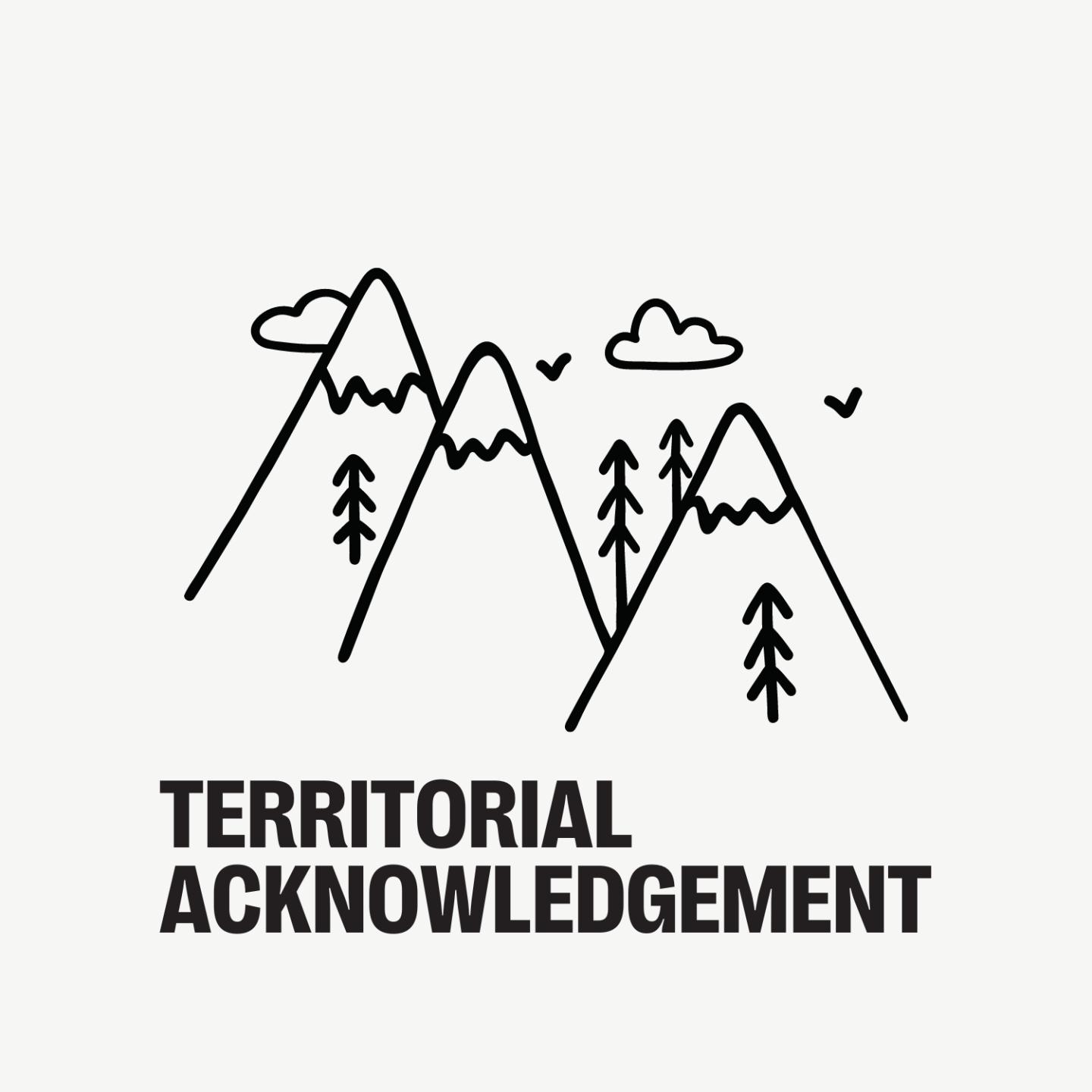
We respectfully acknowledge that our main office and many of our programs are located on the traditional, ancestral and unceded territories of the xʷməθkʷəy̓əm (Musqueam), Sḵwx̱wú7mesh (Squamish) and səlilwətaɬ (Tsleil-Waututh) Nations, and that our work across British Columbia spans the territories of more than 200 First Nations.
YWCA Metro Vancouver is committed to truth and reconciliation. This includes understanding the truth of our shared colonial history, making positive changes within our organization and taking actions that advance safety, justice and equity for Indigenous peoples.